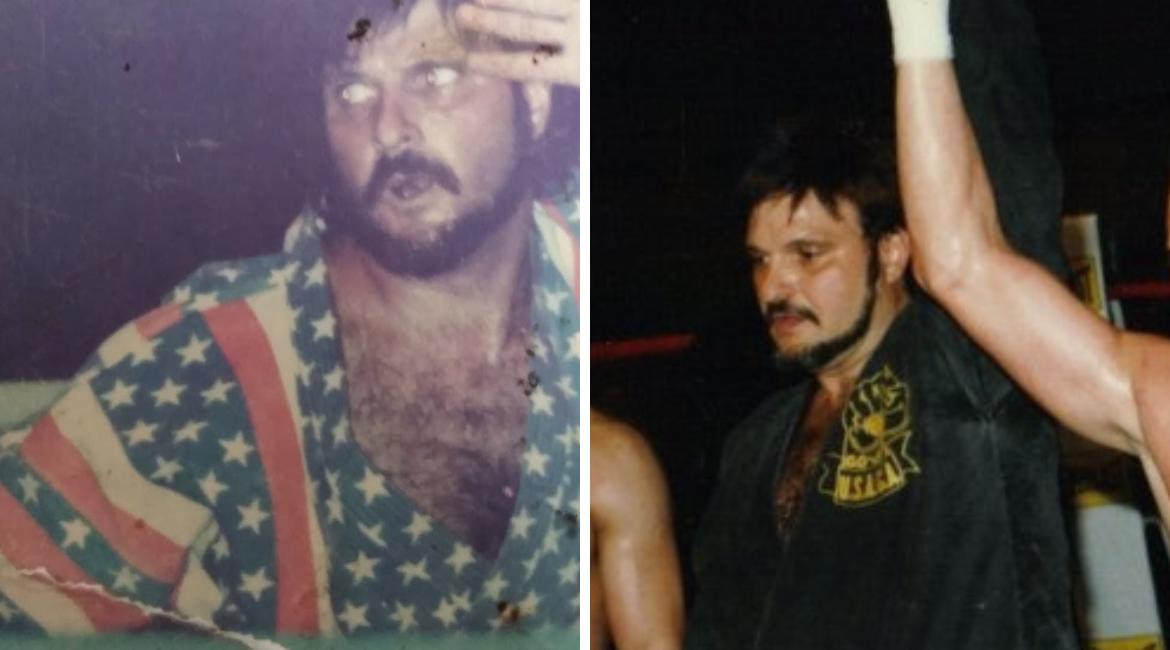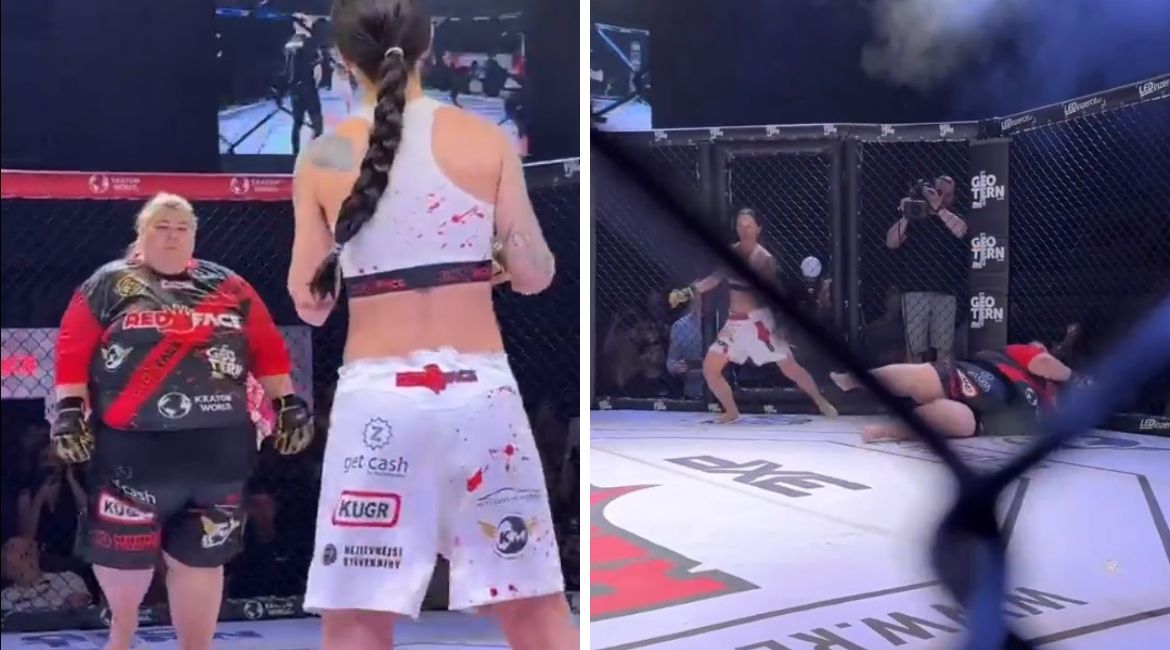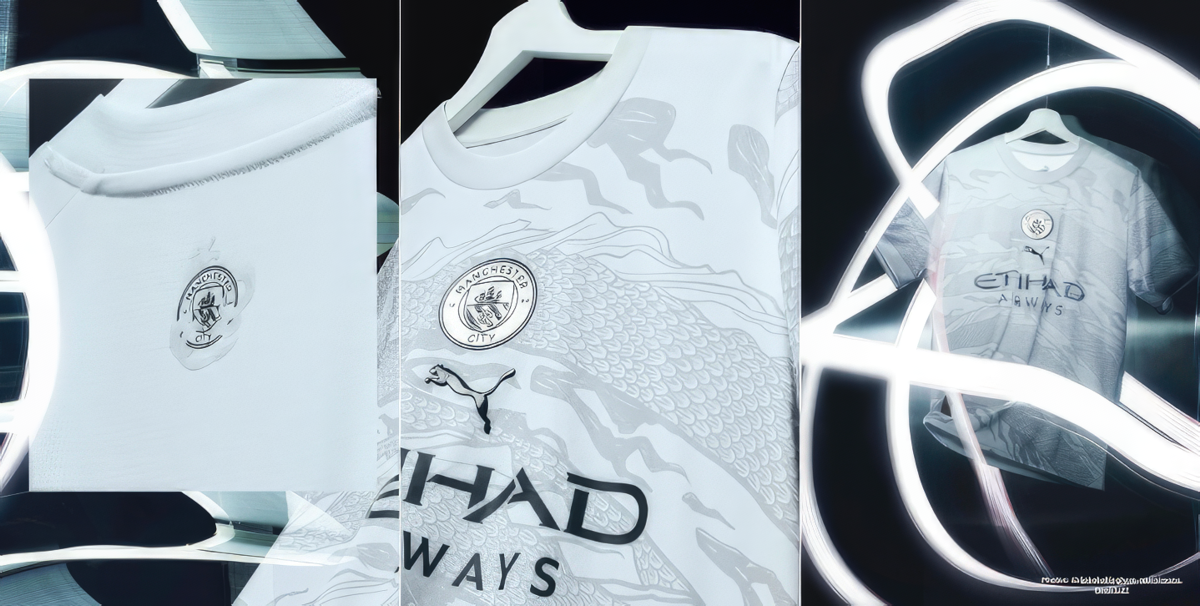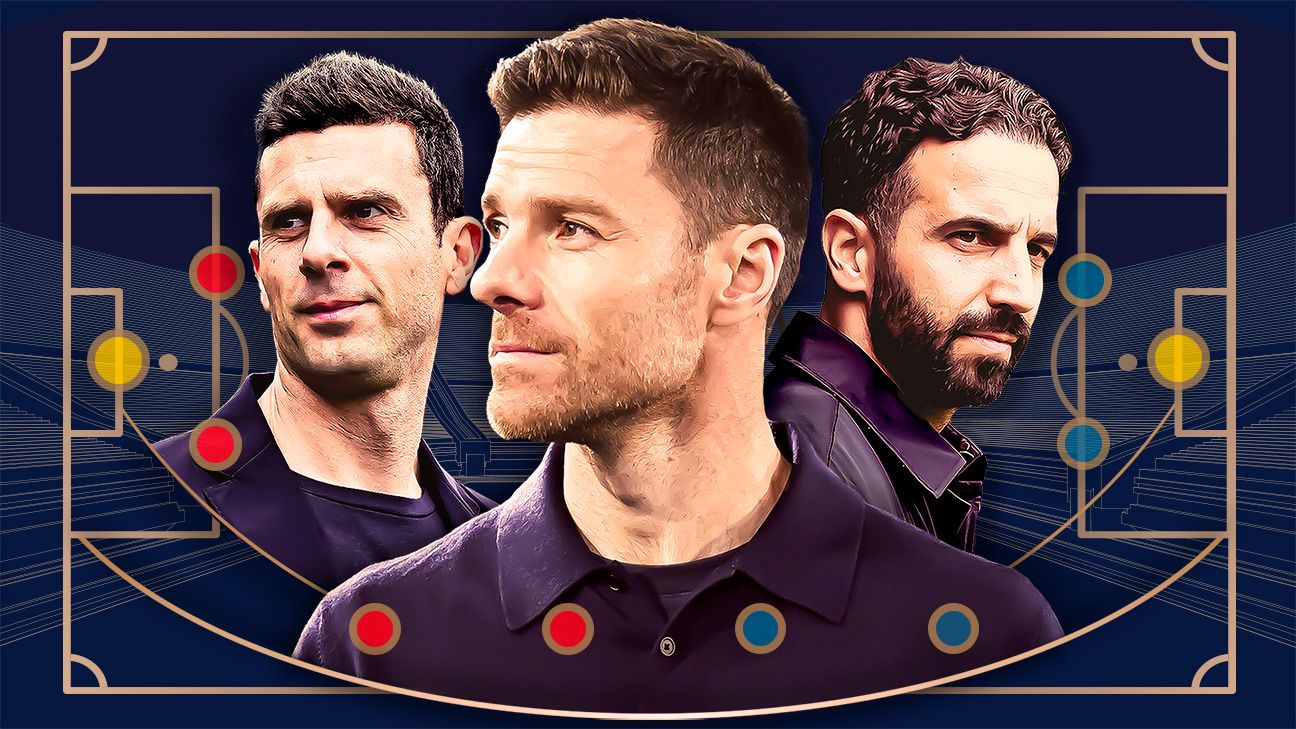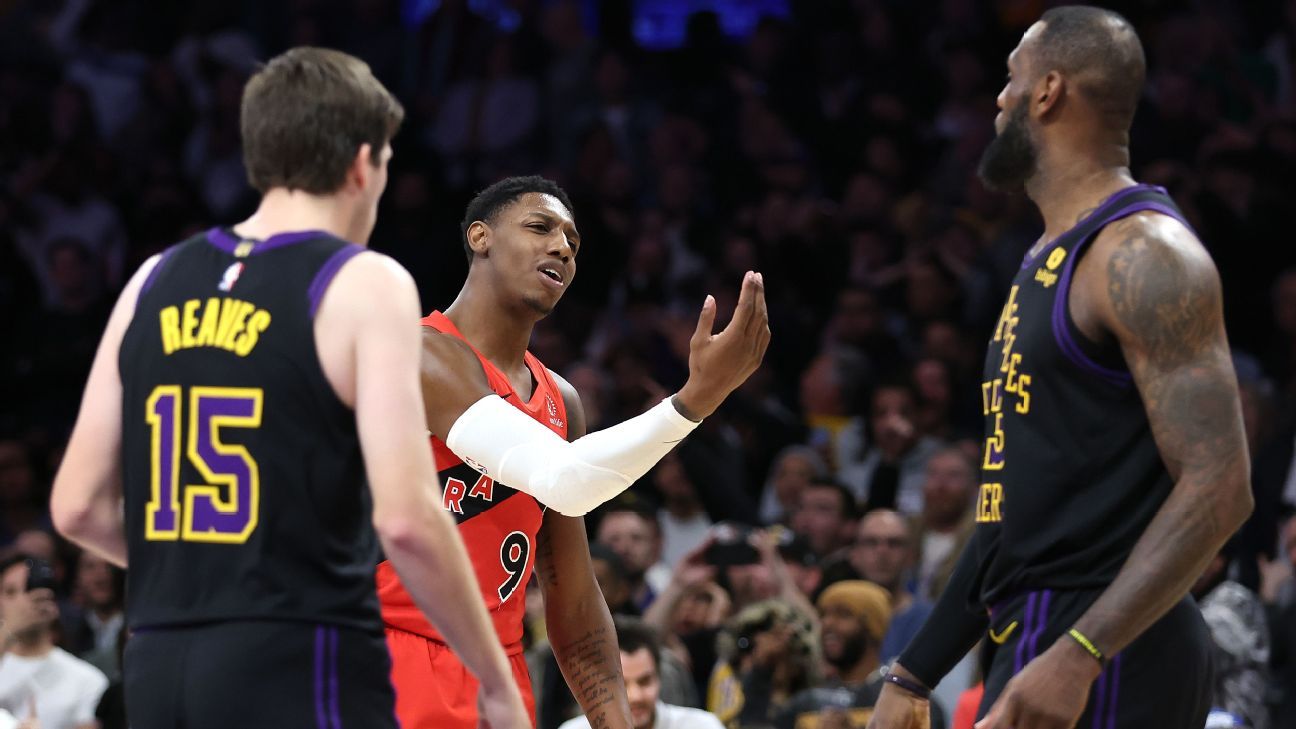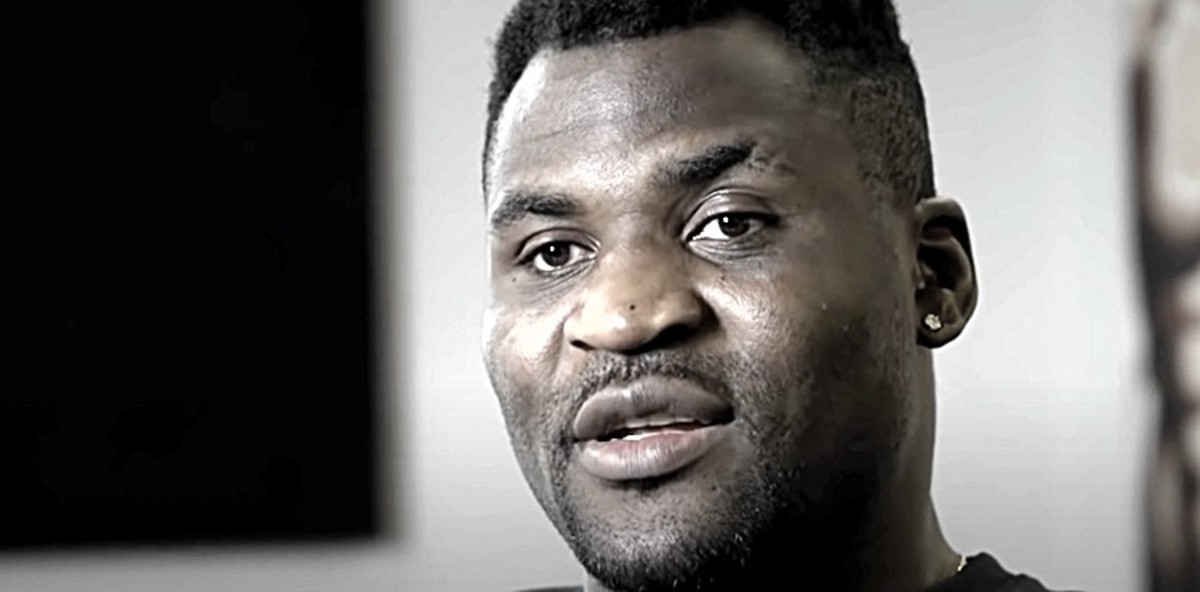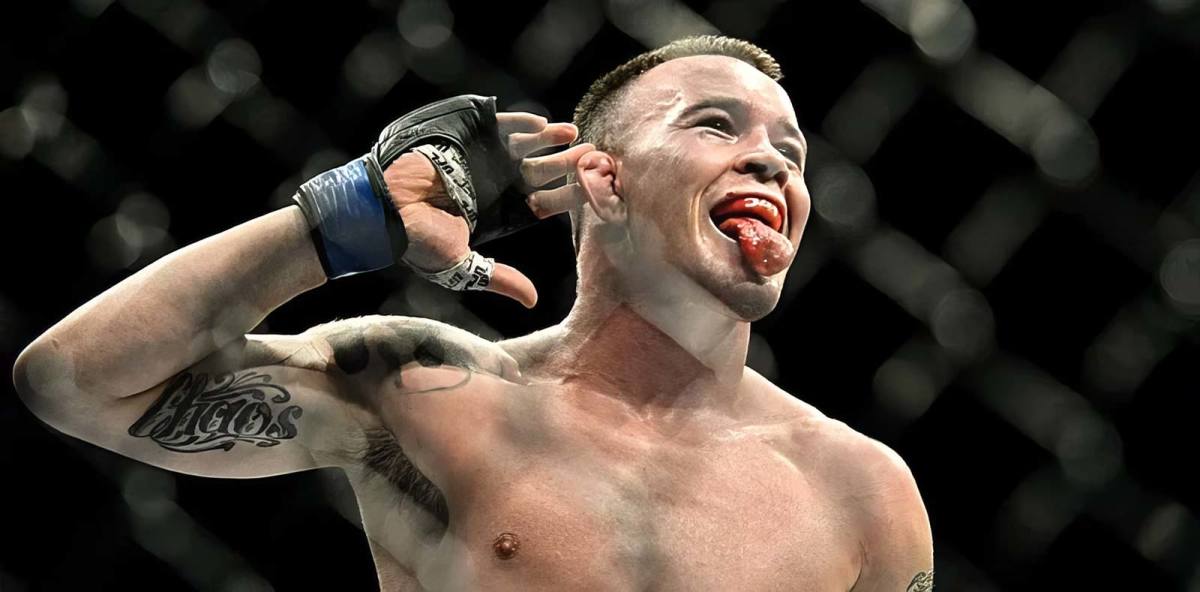The decide presiding over the landmark Home v. NCAA case has denied a movement to intervene that was filed by Houston Christian College final month.
HCU filed a movement to intervene on June 20, arguing that the college’s monetary pursuits weren’t adequately represented by the proposed phrases of the Home settlement that was agreed to in Might. The settlement phrases, that are anticipated to be formally submitted later this week to Choose Claudia Wilken within the Northern District of California for preliminary approval, embrace a future revenue-sharing mannequin immediately from colleges to athletes in addition to greater than $2.75 billion in back-pay damages the NCAA will owe to former Division I athletes who have been beforehand barred from incomes title, picture and likeness (NIL) compensation.
Ought to these settlement phrases be accredited, an awesome portion of these back-pay damages are anticipated to be distributed to former power-conference athletes, in keeping with sources briefed on the settlement. HCU’s movement to intervene stemmed from dissension amongst smaller Division I colleges and conferences arguing a scarcity of enter within the settlement negotiations and disproportionate monetary accountability.
“We’re ready the place we imagine this raises some problems with fiduciary accountability,” HCU basic counsel Tyler Boyd informed The Athletic final month. “We before everything need our pursuits to be heard.”
Houston Christian, previously often called Houston Baptist College, is a Division I faculty and FCS soccer program that competes within the Southland Convention. In a courtroom submitting supporting HCU’s movement to intervene earlier this month, the college argued it discovered after the preliminary settlement settlement between the NCAA, energy conferences and plaintiff attorneys representing faculty athletes that HCU “must pay roughly $3,000,000 over ten years for ‘backpay damages,’ regardless of no proof that HCU disadvantaged anybody of title, picture, or likeness rights.”
In denying HCU’s movement, Choose Wilken wrote that “HCU has not proven that it satisfies the necessities for permissive intervention” and that HCU lacks standing to object to the settlement settlement as a result of “it’s not a category member.” The previous faculty athletes who’re a part of the class-action case may have a chance to object if the settlement is finally accredited. Wilken additionally famous that HCU can’t “re-package the arguments” in help of its movement as soon as the settlement is filed as a result of it would nonetheless be a non-class occasion.
GO DEEPER
What to learn about Home v. NCAA settlement and a historic day for school sports activities
Had it been granted, the movement would have basically added HCU as a defendant to the case alongside the facility conferences and the NCAA at massive, which might have opened the door for different universities to do the identical and doubtlessly power the settlement again to the negotiating desk.
Whereas the broader implications are initially unclear, it appears as if Wilken’s denial may block comparable paths for different universities to lift comparable objections.
“We respect the decide’s resolution however we can be our choices,” Boyd informed The Athletic on Wednesday.
(Picture: Scott Wachter / USA Right now)










